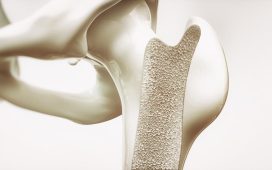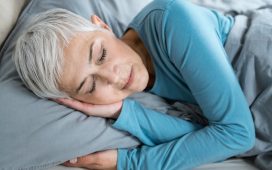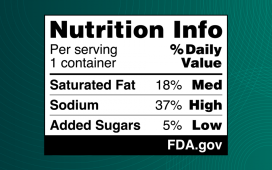Positive social media experiences only very slightly tied to lowering depressive symptoms
FRIDAY, June 8, 2018 (HealthDay News) — Negative experiences on social media are more impactful than positive interactions as it relates to depressive symptoms in young adults, according to a study published online June 6 in Depression and Anxiety.
Brian A. Primack, M.D., Ph.D., from University of Pittsburgh, and colleagues surveyed 1,179 full-time students (62 percent female, 28 percent non-white, and 51 percent single) at the University of West Virginia (aged 18 to 30) in August 2016 regarding positive and negative experiences with social media and depressive symptoms.
The researchers found that after controlling for covariates, each 10 percent increase in positive experiences on social media was associated with a 4 percent decrease in odds of depressive symptoms, but this was not statistically significant (adjusted odds ratio, 0.96; 95 percent confidence interval, 0.91 to 1.002). On the other hand, each 10 percent increase in negative experiences was associated with a 20 percent increase in odds of depressive symptoms (adjusted odds ratio, 1.20; 95 percent confidence interval, 1.11 to 1.31).
“It is valuable to know that positive and negative experiences are very differently related to depression,” Primack said in a statement. “But we don’t know from our study whether the negative social media interactions actually caused the depressive symptoms or whether depressed individuals are more likely to seek out negative online interactions. As with many things in social science, the answer is probably some combination of the two, but more research will be needed to disentangle cause and effect.”
Copyright © 2018 HealthDay. All rights reserved.








